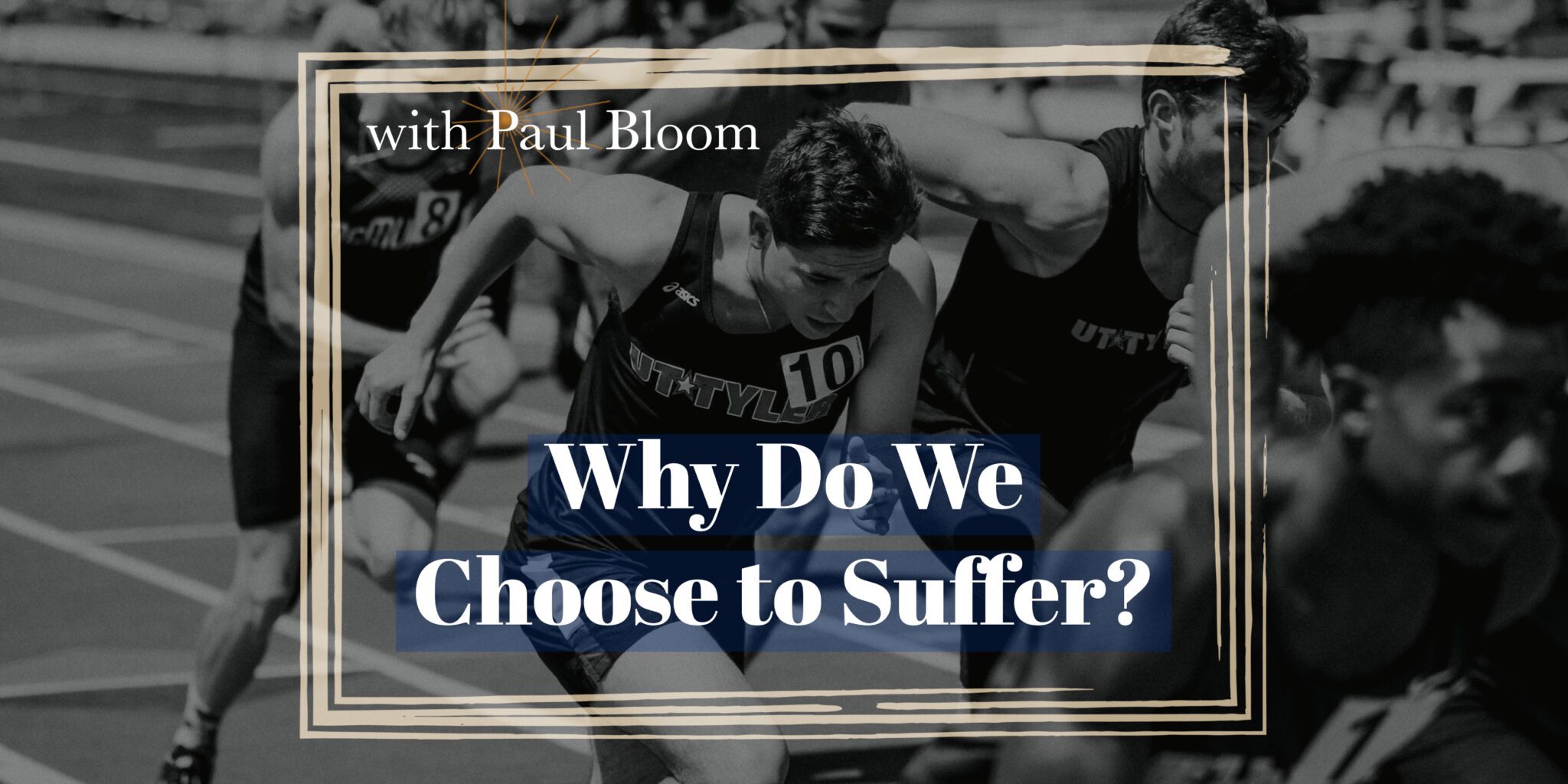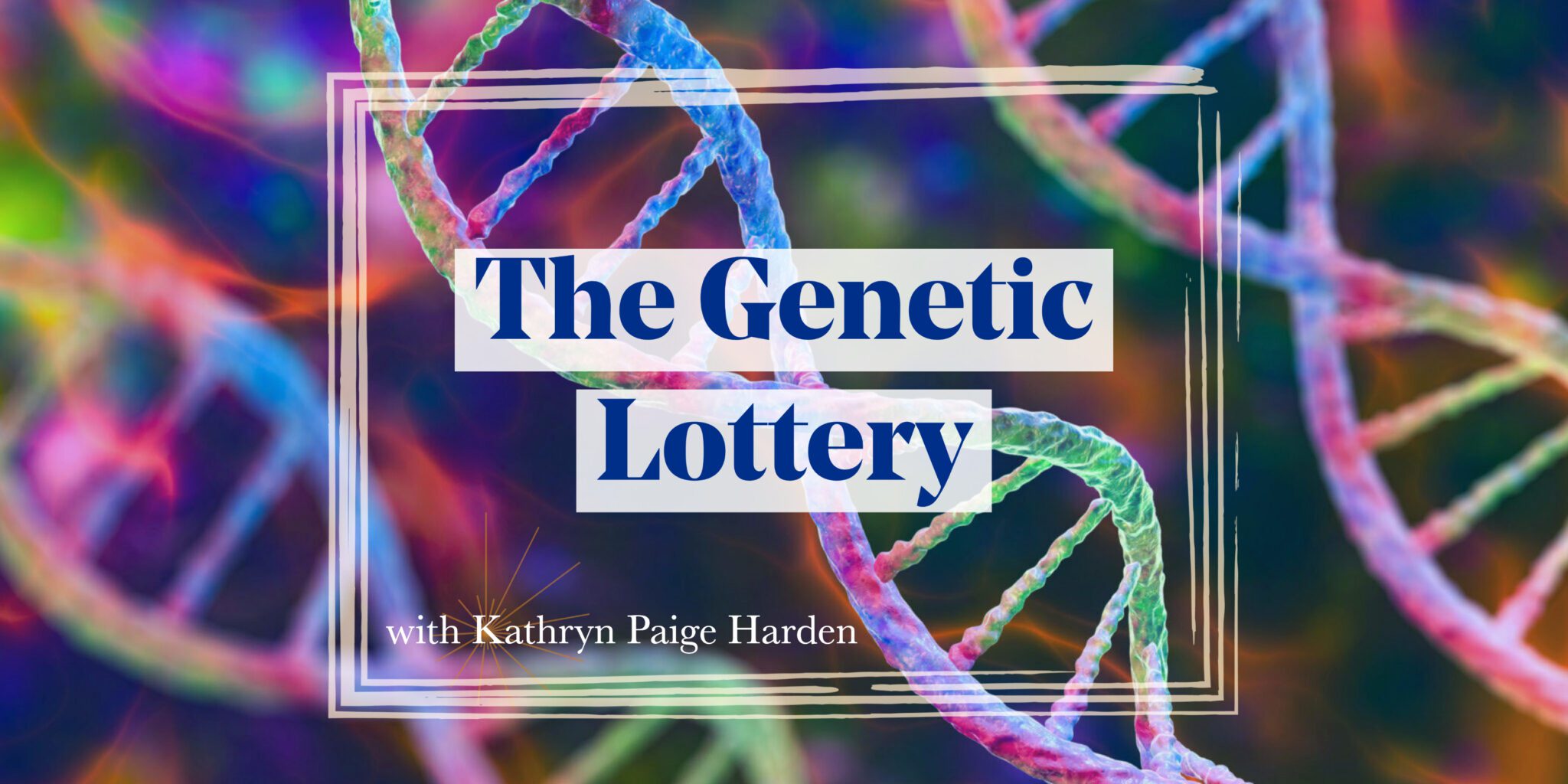As part of our recent partnership with The Well by BigThink, the John Templeton Foundation presents a new series of spotlight conversations with our remarkable grantees.
Human beings are drawn to things that cause us to feel fear, pain, and grief.
That’s why we watch horror movies, eat incredibly spicy food, and run marathons. But if the evolutionary function of pain is to help us avoid things that may harm us, why do we continue to seek these things out?
According to Psychologist Paul Bloom, our lives must include some amount of suffering in order to be meaningful. Bloom says, “There’s a deep insight here which is that the good things in life only make sense relative to the bad things. If you win every competition you engage in there’s no fun to it. You have to have the possibility of loss. If all of your experiences are positive they cease to become positive, you need a negative.”
In this fascinating new video series from The Well by BigThink, Dr. Bloom discusses the paradox of finding pleasure through suffering, and explains the crucial difference between chosen and unchosen suffering. Watch the full series here.
Still Curious?
You can view these conversations and related content on The Well.
Learn more about “Everything Happens For A Reason”: Seeing God’s Handiwork Behind Life Events, funded by the John Templeton Foundation and led by Paul Bloom.



